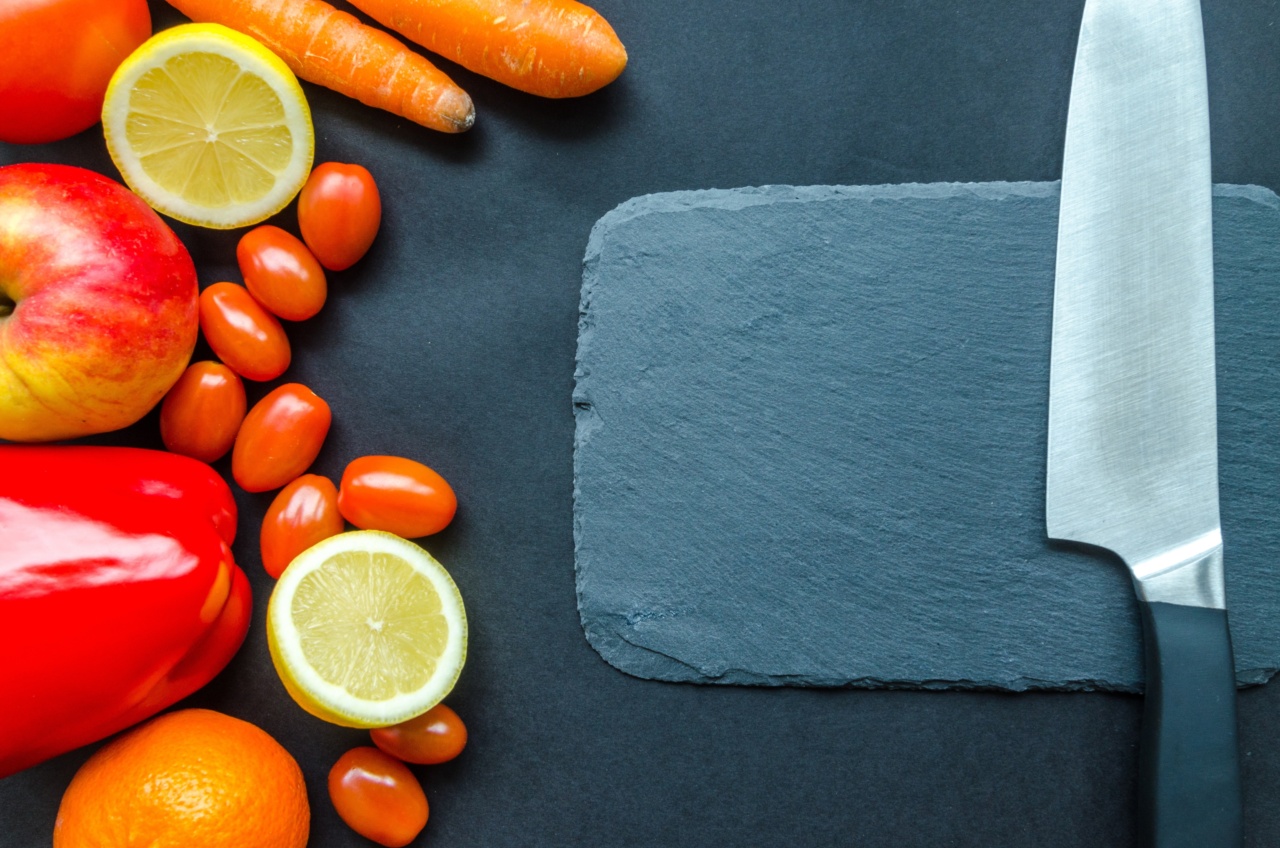Adopting healthy eating habits is crucial for maintaining a disease-free life. The food we consume plays a significant role in determining our overall health.
By making smart choices and implementing a few hacks, we can optimize our nutrition and reduce the risk of various diseases. In this article, we will explore ten healthy eating hacks that can help you lead a happier and healthier life.
1. Incorporate a Variety of Fruits and Vegetables
One of the fundamental principles of healthy eating is incorporating a wide range of fruits and vegetables into your diet.
These natural powerhouses are packed with essential vitamins, minerals, antioxidants, and fiber that can protect your body against diseases. Aim for at least five servings of fruits and vegetables every day to reap the maximum benefits.
2. Choose Whole Grains over Refined Grains
When it comes to grains, opt for whole grains instead of refined grains. Whole grains contain all parts of the grain, including the bran, endosperm, and germ, which contributes to their high fiber content and nutritional value.
Replace white rice, white bread, and pasta with whole grain alternatives like quinoa, brown rice, and whole wheat bread to support digestive health, regulate blood sugar levels, and reduce the risk of heart disease.
3. Include Lean Proteins
Protein is an essential macronutrient that plays a crucial role in building and repairing tissues, supporting immune function, and producing enzymes and hormones. However, not all sources of protein are created equal.
Opt for lean sources of protein like skinless chicken, turkey, fish, tofu, beans, and lentils. These options are lower in saturated fat and cholesterol, making them healthier choices for your heart and overall well-being.
4. Reduce Salt Intake
Excessive salt intake can lead to high blood pressure, heart disease, and other health issues. Limit your consumption of processed and packaged foods, as they often contain high amounts of sodium.
Instead, season your meals with herbs, spices, and citrus fruits for flavor. Gradually reduce your salt intake to allow your taste buds to adjust, and your body will thank you in the long run.
5. Limit Added Sugar
Added sugars, such as those found in sugary beverages, desserts, and processed snacks, contribute empty calories and increase the risk of obesity, type 2 diabetes, and other chronic diseases.
Opt for natural sources of sweetness like fruits and limit your consumption of sugary foods and drinks. Check food labels carefully, as added sugars can often be hidden under various names such as sucrose, high-fructose corn syrup, or agave nectar.
6. Stay Hydrated
Water is essential for maintaining optimal body functions and overall health. Make it a habit to drink enough water throughout the day, as dehydration can lead to fatigue, headaches, and even affect cognitive function.
Carry a reusable water bottle with you to remind yourself to stay hydrated and reduce your reliance on sugary beverages.
7. Practice Mindful Eating
Adopting mindful eating habits can help you maintain a healthy weight and prevent overeating. Slow down while eating, savor each bite, and pay attention to your body’s hunger and fullness cues.
By staying present and focusing on the taste and texture of your food, you can develop a healthier relationship with eating and make better food choices.
8. Cook Your Own Meals
Preparing your meals at home allows you to have better control over the ingredients and cooking methods. Home-cooked meals tend to be healthier and lower in calories, salt, and added sugars compared to restaurant meals or packaged foods.
Experiment with new recipes and try incorporating more whole foods into your dishes for a satisfying and nourishing meal experience.
9. Practice Portion Control
Even healthy foods can contribute to weight gain if consumed in excessive amounts. Pay attention to portion sizes and serve yourself appropriate portions to avoid overeating.
Use smaller plates and bowls to create an illusion of a fuller plate while consuming fewer calories. Remember, moderation is the key to a balanced diet.
10. Don’t Skip Breakfast
Breakfast is often referred to as the most important meal of the day. It jumpstarts your metabolism, provides energy for the day ahead, and helps prevent unhealthy snacking later on.
Incorporate a mix of whole grains, lean proteins, and fruits into your breakfast to maintain stable blood sugar levels and ensure a nutritious start to your day.































